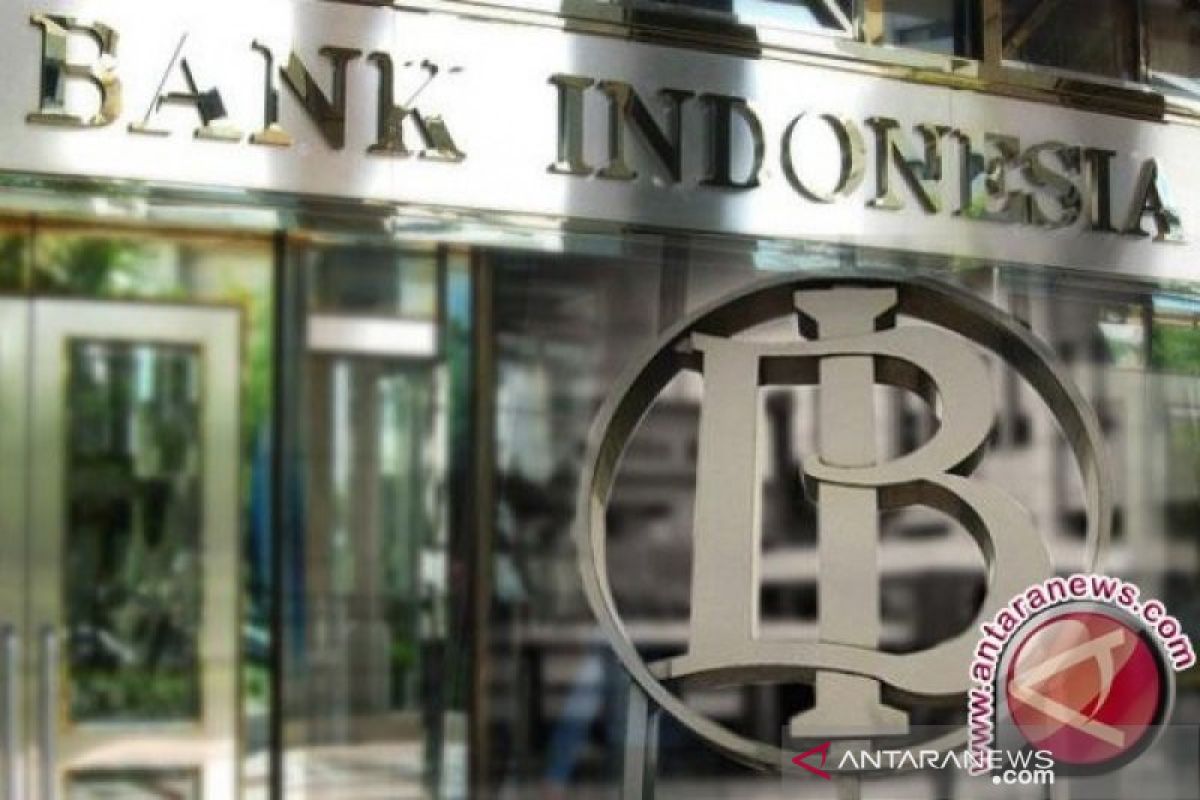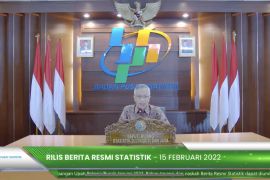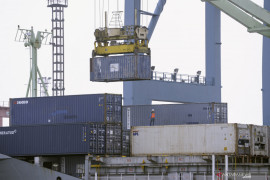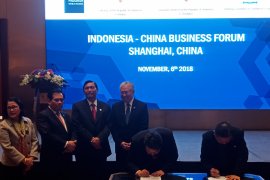The deficit primarily stemmed from a surge in the imports of consumer goods in accordance with the seasonal spike in demand towards the year-end as well as demand for imports for productive activities, Director of the BI Communication Department Junanto Herdiawan noted in a statement received in Jakarta on Tuesday.
Amid flat export performance in line with global economic moderation, a non-oil and gas trade deficit chiefly contributed to Indonesia's trade deficit.
In the meantime, the oil and gas trade deficit rose during the reporting period as oil and gas import growth surpassed that of oil and gas exports in November 2019. By and large, such developments are in accordance with the current account deficit projected at 2.7 percent of the gross domestic product in 2019.
The oil and gas trade balance recorded a deficit of $0.30 billion in November 2019 after posting a $1.01 billion surplus the month earlier.
However, such development resulted from an influx of non-oil and gas imports in the form of consumer goods, including foodstuffs, in tune with seasonal trends at the end of the year.
Furthermore, the imports of capital goods, including electrical machinery and equipment as well as machinery and mechanical appliances, rose.
On the other hand, non-oil and gas exports remain flat, affecting metal ore, crust and dust; iron and steel; as well as mineral fuels, despite increasing exports of animal/vegetable fats and oils.
In the meantime, the oil and gas trade deficit increased in November 2019 to $1.03 billion, from $0.84 billion a month earlier, led by oil and gas imports in the form of crude oil, refined products and gas, despite oil and gas exports increasing in the form of crude oil and gas.
Bank Indonesia is confident that the latest trade balance developments in November 2019 are suggestive of solid domestic demand.
Higher imports of consumer goods point to maintained public purchasing power, while the imports of capital goods mirror business confidence in the promising national economic outlook.
Moving forward, Bank Indonesia will make steady efforts to fortify policy synergy with the government and other relevant authorities to bolster external resilience, including the trade balance outlook.
Related news: Indonesia's trade deficit touches US$1.33 billion inb November
Related news: Trade deficit to continue to riddle next government
EDITED BY INE
Reporter: Azis Kurmala
Editor: Suharto
Copyright © ANTARA 2019












